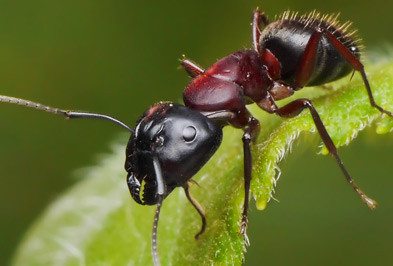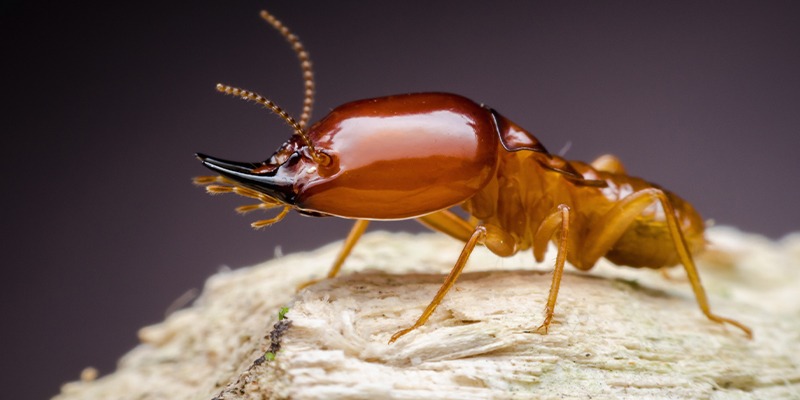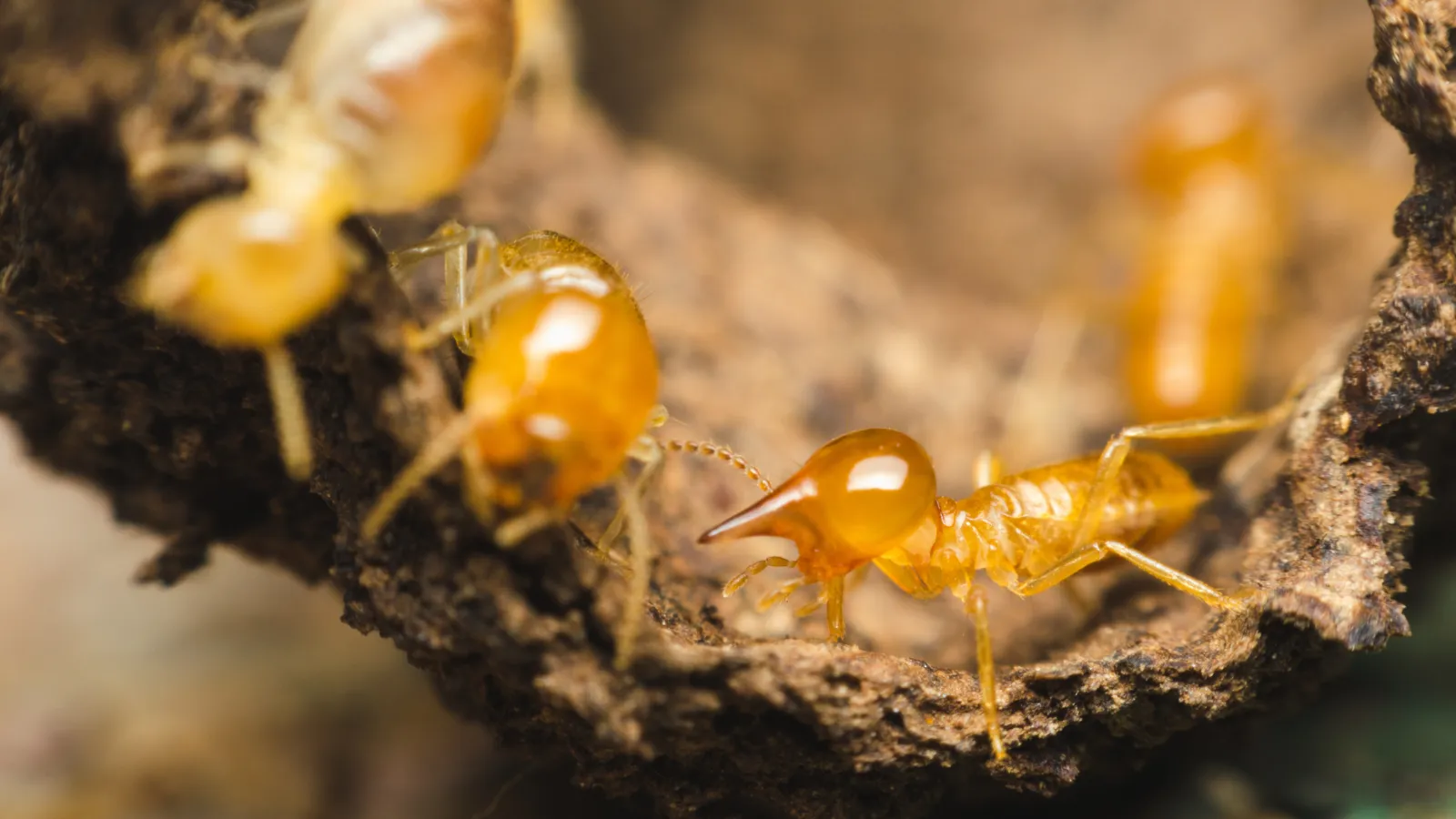Environmental Effect of Pest Control: Balancing Effectiveness With Sustainability
The environmental influence of insect control is a crucial issue that calls for a delicate balance in between accomplishing effectiveness in making certain and handling bugs sustainability of our ecosystems. From the usage of dangerous chemicals that permeate right into our soil and water to the unintended repercussions on non-target types, the effects of conventional parasite control techniques are significant.
Hazardous Chemicals in Pest Control
The usage of dangerous chemicals in insect control poses substantial ecological and health and wellness risks that require careful consideration and reduction strategies. Insecticides, herbicides, and chemicals are typically utilized to eliminate pests, however their extensive application can lead to unintentional consequences. These chemicals can infect dirt, water sources, and the air, affecting not just the targeted pests yet additionally valuable bugs, wildlife, and humans.

To deal with these risks, integrated parasite management (IPM) methods are being promoted as a much more lasting option. IPM includes a combination of approaches such as biological control, environment adjustment, and the targeted use pesticides as a last resource (ant control stokesdale nc). By embracing an all natural approach to pest control, we can minimize the ecological and health and wellness impacts connected with dangerous chemicals while effectively taking care of pest populaces
Effect On Non-Target Types
Considering the unintentional consequences of parasite control methods, the effect on non-target varieties is an essential element that calls for thorough analysis. While parasite control steps intend to target specific bugs, other microorganisms in the community may be inadvertently impacted. Non-target types, including beneficial insects, birds, mammals, and also plants, can experience straight or indirect injury from chemical applications or organic control methods.
Pesticides designed to battle a specific insect parasite might damage pollinators like bees or all-natural killers such as ladybugs. Organic control agents, if not species-specific, can position dangers to unexpected targets, interrupting the eco-friendly balance.
To mitigate the effect on non-target types, integrated pest management (IPM) approaches that emphasize a holistic technique to pest control are suggested. These methods prioritize the usage of environmentally friendly methods, lessening harm to useful microorganisms while properly handling pest populaces. Carrying out complete danger analyses and monitoring the end results of bug control efforts are vital action in guarding non-target species and promoting total ecosystem health.
Soil and Water Contamination
Unintentional environmental effects of pest control approaches expand past influencing non-target varieties, with considerable ramifications for dirt and water contamination. Chemicals, herbicides, and chemical plant foods made use of in bug control can leach into the dirt and pollute groundwater, presenting a threat to both water and earthbound ecological communities. Soil contamination can interrupt the equilibrium of bacteria important for vitamins and mineral cycling and plant development, causing lowered soil fertility and productivity. These chemicals can continue in the atmosphere for prolonged periods, accumulating in the dirt and potentially getting in the food chain.
Water contamination is an additional vital issue connected with bug control methods. Drainage from farming areas treated with pesticides can carry these chemicals into nearby water bodies, affecting aquatic microorganisms and water quality. Pollutants in water resources can have far-ranging effects, influencing not only aquatic life but also human wellness through the consumption of contaminated water or marine microorganisms. To minimize soil and water contamination from bug control tasks, incorporated pest monitoring strategies that focus on sustainability and minimize chemical inputs are essential.
Air Contamination From Pesticide Use
Exposure to airborne chemicals during farming applications presents a significant problem for air pollution control measures. Furthermore, chemical drift, where pesticides are brought by the wind to unintended locations, can lead to the contamination of close-by communities and water bodies.

Techniques for Sustainable Pest Control
In the world of farming methods, executing lasting bug control methods is vital for preserving ecological equilibrium and protecting plant yields. Lasting bug control stresses using eco-friendly approaches to handle pest populations efficiently while minimizing harm to non-target microorganisms and ecological communities. Integrated Pest Administration (IPM) is an extensively adopted strategy that integrates organic, social, physical, and chemical control approaches to achieve long-term parasite monitoring services.
Plant turning and diversification are likewise effective techniques to interfere with pest life cycles and develop much less positive conditions for pests to prosper. Inevitably, by incorporating these lasting bug control strategies, farmers can achieve a balance between pest management efficiency and environmental stewardship.
Verdict
To conclude, the environmental impact of insect control methods should be thoroughly taken into consideration to stabilize performance with sustainability. Hazardous chemicals utilized in insect control can result in dirt and water contamination, air contamination, and injury non-target types - termite control services. It is important to execute lasting pest control techniques to lessen these negative effects on the setting and promote a healthier ecosystem for future generations
By taking on a holistic technique to pest control, we can decrease the environmental and health and wellness effects associated with unsafe chemicals while effectively taking care of pest populaces.

To mitigate the air contamination caused by pesticide usage, it is crucial to embrace integrated insect monitoring approaches that prioritize the usage of non-chemical bug control techniques, such as crop turning, all-natural predators, and immune plant ranges. Sustainable parasite control stresses the use of environmentally friendly techniques to handle pest populaces effectively while decreasing damage to non-target organisms and ecosystems. Integrated Insect Administration (IPM) is a commonly taken on strategy that incorporates biological, cultural, physical, and chemical control approaches to attain lasting insect administration solutions.